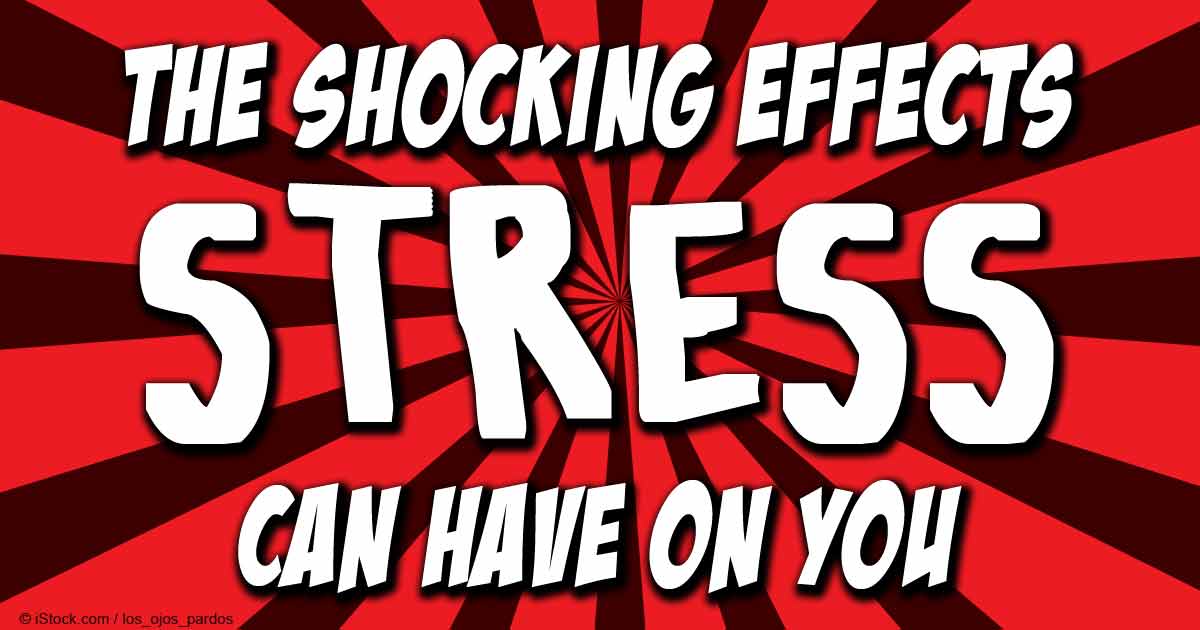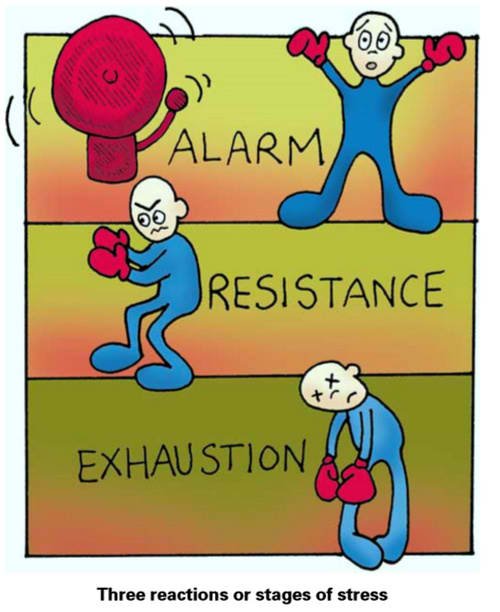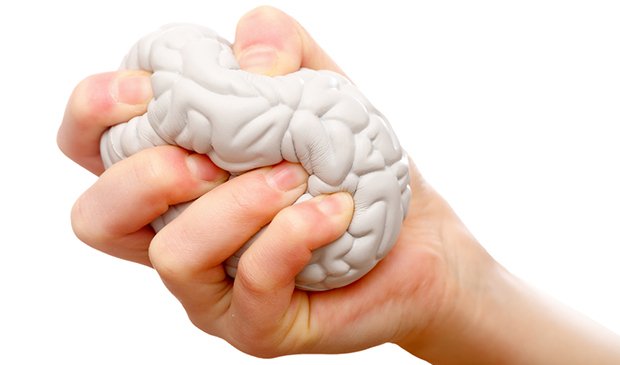STRESS-series: People's Reactions to Stress
In the previous blog, we have defined stress reactions as the responses that take place in the face of various stressors. However, the important question being asked after is that
“What will happen if one experiences stress?”
Basically, the effect of stress can manifest in different ways. It can either manifest physically, emotionally or even psychologically.
PHYSICAL RESPONSES
The physical effects when your body no longer has the energy to fight against stress would include fatigue, anxiety, burnout and depression. In worse cases, your immune system weakens and put you at risk for stress-related diseases such as hypertension and coronary heart disease. But in what way will it happen?
According to Hans Selye, a medical doctor and researcher who developed the General Adaptation Syndrome Theory, there are three stages the body goes through when under stress.
- Alarm Stage. In this stage, stress begins in the hypothalamus, which would then stimulate the sympathetic nervous system. This in turn causes the inner portion of the adrenal glands to produce the stress hormone –cortisol. Once the cortisol is released, it will circulate through the blood causing an increase in heart rate and energy. And this will result you to be in a “fight or flight” mode, which prepares you to either escape or protect yourself in dangerous situations.
- Resistance Stage. After the “fight or flight” mode, your body begins to restore itself. It will still release cortisol, but in a lower amount. This eventually normalizes your energy and heart rate, given that you already overcome the stress and the situation is no longer an issue. However, some stressful situations continue for a long period of time, causing your body to secrete stress hormones. This in turn will make you irritable, frustrated and inattentive, which would eventually lead to the exhaustion stage.
- Exhaustion Stage. This stage is believed to be the result of unceasing stress. Combating stress for a long period of time can be very draining to the point where your body no longer has the energy to fight against stress.
EMOTIONAL RESPONSES
Have you ever experienced having mood swings? Or perhaps become impatient in waiting for the food to be served. What about being irritated easily by your younger sisters and brothers which caused you to yell at them? Or have you ever wondered why you have these feelings of helplessness or even suicide feelings? Those various experiences that you have are just manifestations that you clearly under the spell of stress.
Emotional Responses to Stress may also include:
- anxiety
- panic attacks
- low self-esteem
- guilt
- anger
- fear
PSYCHOLOGICAL RESPONSES
These responses could either be in a cognitive nature or behavioral nature.
Cognitive Changes in response to stress may include reduced ability to concentrate. Sometimes you cannot think clearly or even cannot remember accurately. And typically you undergo to these 4 major cognitive stress responses:
- Ruminative Thinking. You continuously or repetitively think of those hurtful situations. The more you recall those hurtful experiences in the past, the more you will interpret you current situation negatively, which would then likely for you to be more hopeless about your future.
- Catastrophizing. You exaggerate the outcome of a decision which is very unlikely to happen. Say for example, you are thinking that when you commit a mistake in your final exam this will cause you to get a failing grade.
- Over-arousal to Stressors. Even if it is just a minute stressor, your tendencies are you easily sweat, easily get nervous and short breathiness.
- Impaired Decision Making. This doesn’t mean you cannot make decisions, but you still can. It is just that it is not that wise or effective enough to address an issue. Or shall we say, you don’t have capacity to understand the consequences of your decisions.
Behavior Changes in response to stress may also include those changes on how people look, act or even talk. Sometimes, you become very shaky when you are uncomfortable delivering your speech in front of many people. There are also times you become mute when someone unexpectedly interviews you. Also, we look haggard when we are stressed out.
Whether stress affects you physically, emotionally or even psychologically, it is imperative that you will find some ways on how to cope up or even fight those stress. However, due to the fact that different people cope up differently, it is indeed necessary to develop self-awareness. Once you become self-aware, you will then be able to know your strengths and weaknesses, including your tendencies. Not until you become self-aware, you will succeed in that battle. Take note that, aside from your family and friends whom you can count on, do not ever forget that you are the captain of your own ship. You play a huge role in every decision you make. If it comes to the point that your stress is already unbearable and no one bothers to care, I suggest that is the perfect time you talk to the experts and definitely try to take the road to self-care.





feel nako matarong nako ani. hahahaahaha
HAHAHAHAAA. mao ka bayota ka
Waaah ! It's scary ..
Thanks for this informative post bdw.
You explained it well @psychic.energy
Oh thanks for reading
Congratulations @psychic.energy! You received a personal award!
Happy Birthday! - You are on the Steem blockchain for 1 year!
Click here to view your Board
Congratulations @psychic.energy! You received a personal award!
You can view your badges on your Steem Board and compare to others on the Steem Ranking
Vote for @Steemitboard as a witness to get one more award and increased upvotes!